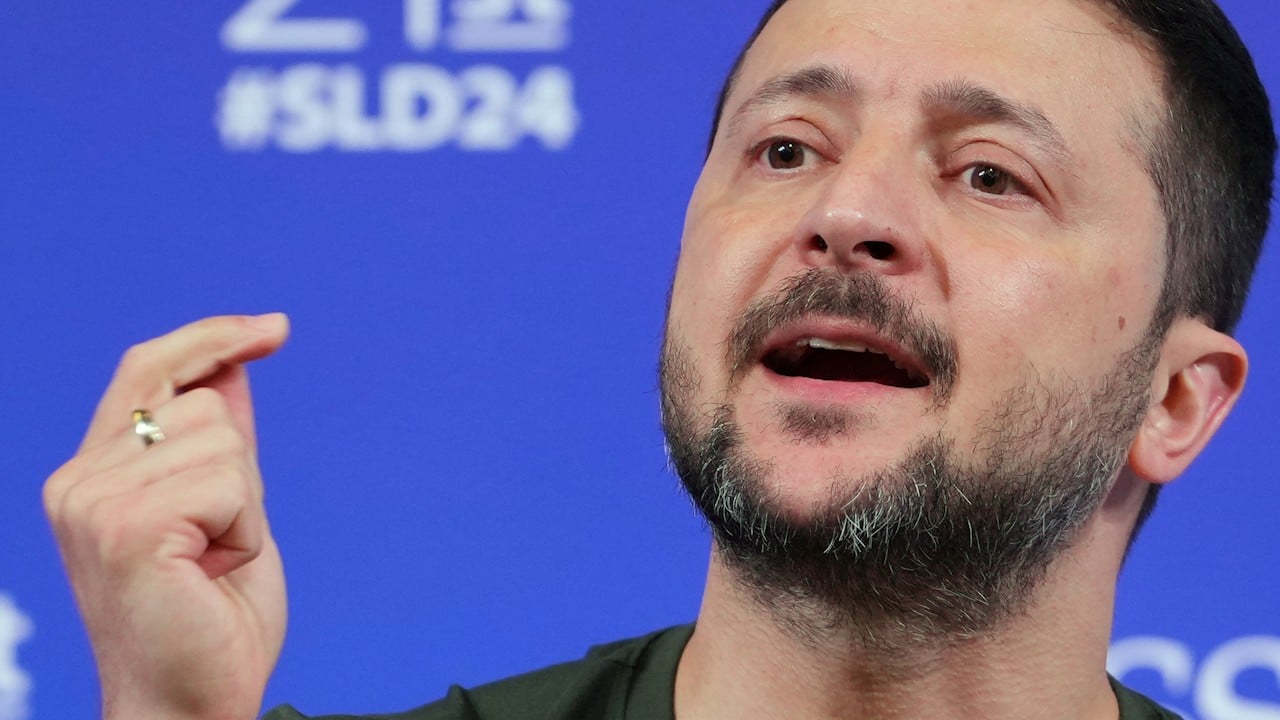The role of atomic weapons has become more prominent and nuclear states are modernising arsenals as geopolitical relations deteriorate, researchers said on Monday, urging world leaders to “step back and reflect”.
Diplomatic efforts to control nuclear arms also suffered major setbacks amid strained international relations over the conflicts in Ukraine and Gaza, the Stockholm International Peace Research Institute (SIPRI) said in its annual yearbook.
“We have not seen nuclear weapons playing such a prominent role in international relations since the Cold War,” Wilfred Wan, director of SIPRI’s Weapons of Mass Destruction Programme, said in a statement.
SIPRI also noted that Russia carried out tactical nuclear weapon drills close to the Ukrainian border in May.
According to SIPRI, the world’s nine nuclear-armed states also “continued to modernise their nuclear arsenals and several deployed new nuclear-armed or nuclear-capable weapon systems in 2023”.
In January, of the estimated 12,121 nuclear warheads around the world about 9,585 were in stockpiles for potential use, according to SIPRI.
Around 2,100 were kept in a state of “high operational alert” on ballistic missiles.
We are now in one of the most dangerous periods in human history
“While the global total of nuclear warheads continues to fall as Cold War-era weapons are gradually dismantled, regrettably we continue to see year-on-year increases in the number of operational nuclear warheads,” SIPRI director Dan Smith said.
He added that this trend would be likely to continue and “probably accelerate” in the coming years, describing it as “extremely concerning”.
“We are now in one of the most dangerous periods in human history,” Smith said, urging the world’s great powers to “step back and reflect. Preferably together”.


